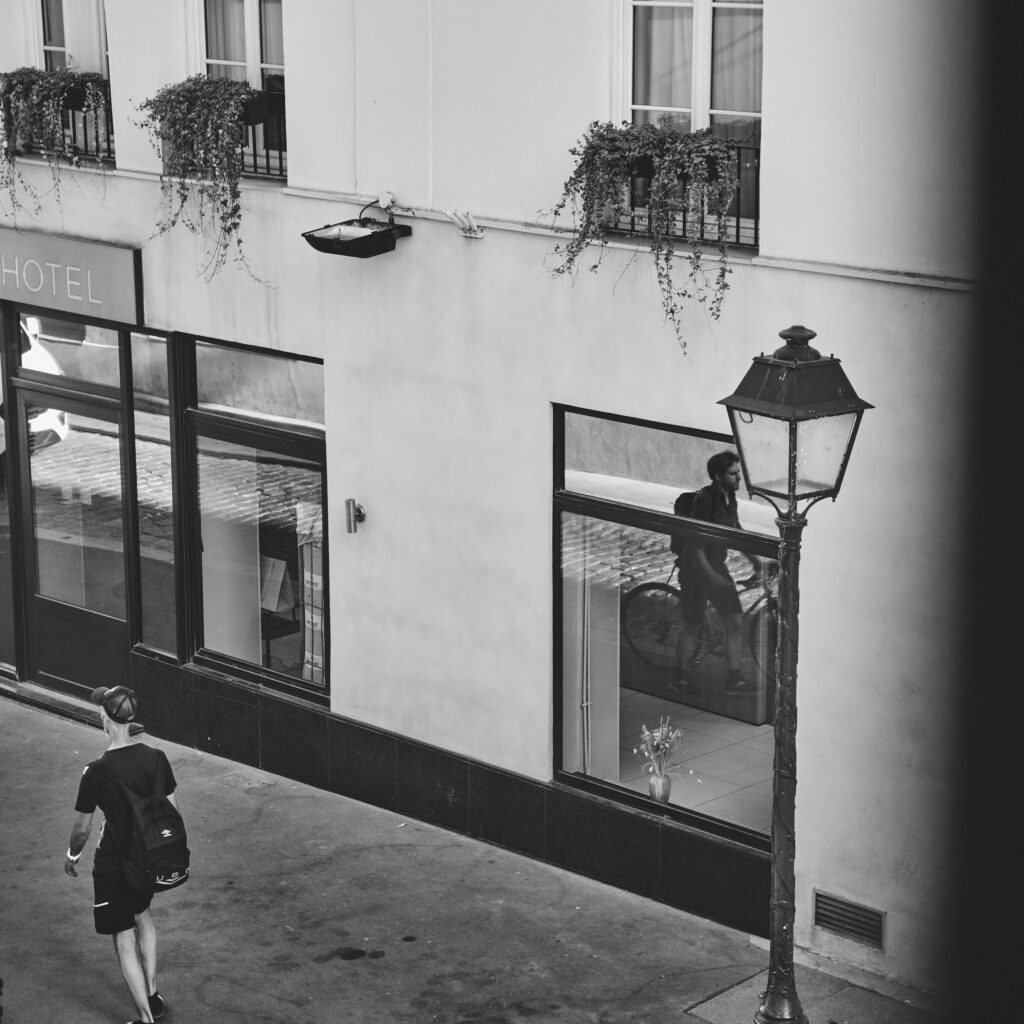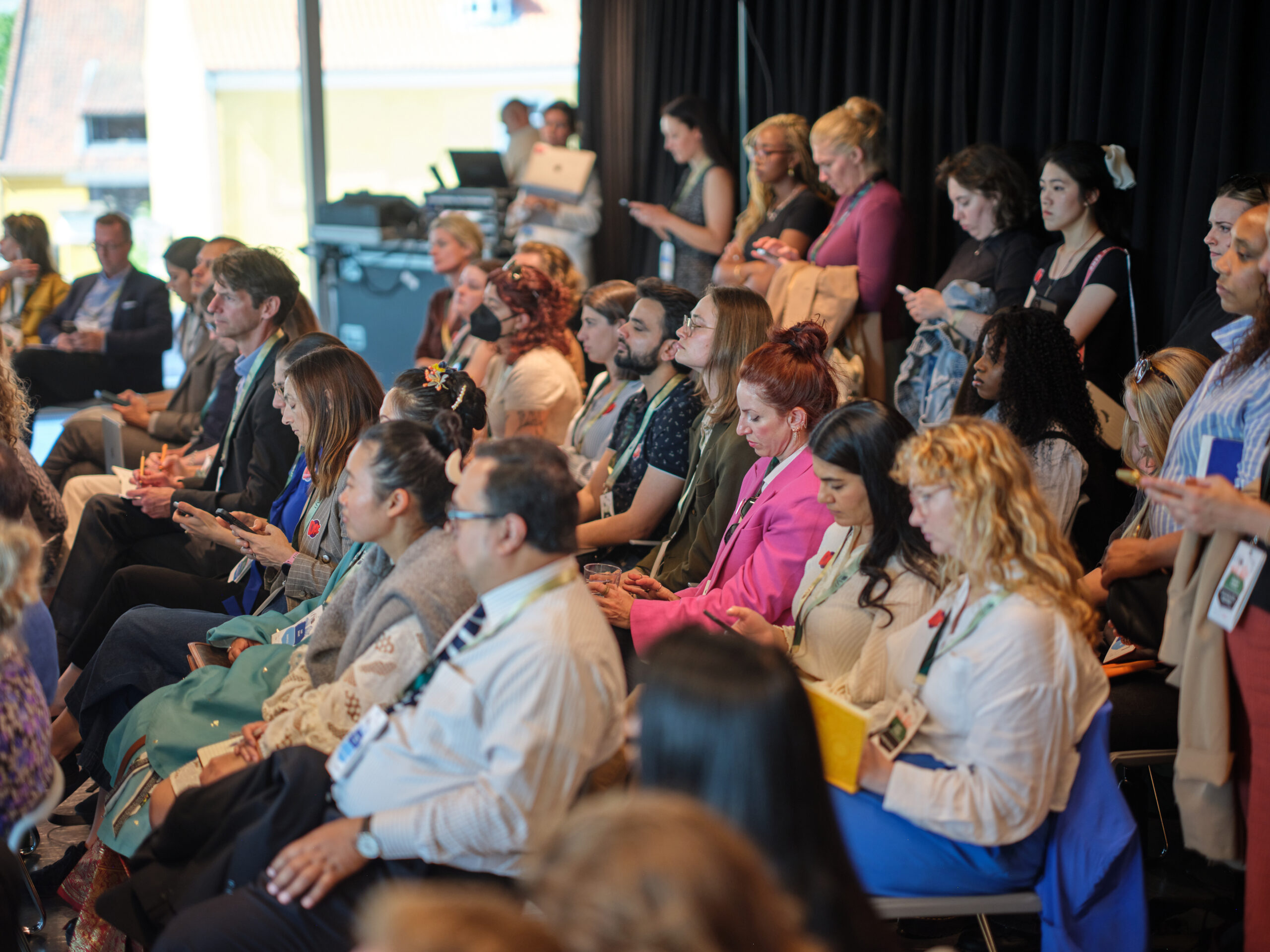“We have the uniqueness of being in two very big industries; the worlds of both tech and fashion,” she says. “Within those two sectors, there are different challenges, but you don’t need to be a sustainability expert to see how much we are overwhelmed on a day-to-day basis.”
Wone shares Moizant’s passion for the platform to be built on trust and community. “People really trust the experience we provide in choosing secondhand purchasing as the right thing to do,” she says. “There is a significant lack of trust within the fashion industry. At some point, you believe in something and everyone is telling you that it’s ‘sustainable’, but at the end of the day, you discover from time to time that there is so much behind the scenes of what they’re selling to you that makes those claims false.”
Vestiaire Collective’s decision to ban fast fashion from the platform last year has, according to Wone, been a success they hope to continue building on. “We didn’t know what would happen, but our data shows that 70% of our users stayed with us and continued to invest in higher quality garments in the last eight months,” Wone says. “We’re not telling them to go from one brand to another, but we’re educating them on the alternatives and showing them that buying less is one thing, but buying differently is the key to sustainable shopping.”
Vestiaire Collective’s impact report is just one example of how the platform is turning its sustainable actions into concrete evidence, taking on the sector and making something everyone can benefit from. “There were no impact reports in the secondhand sector when we started out, no data or information we could use to benefit the market,” Wone recalls. “If you’re not able to show people how and why your model works, how can you expect them to really change their habits? We wanted to change the way people consume fashion, so we needed to show them why it works for the planet.”
Outside the office, Wone’s fashion choices stem from an ideal of circularity. “I can’t go into a store without thinking, ‘I can find something just like that secondhand’,” she says. “What’s exceptional is that I witnessed my 14-year-old son have the exact same attitude. He and his peers don’t crave the newest, mainstream thing. It’s inspiring to see that while we still have a long way to go, we’re on the right track.”
This article contains sponsored content part of the Fashion Redressed Series.




